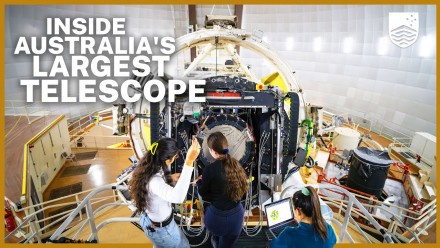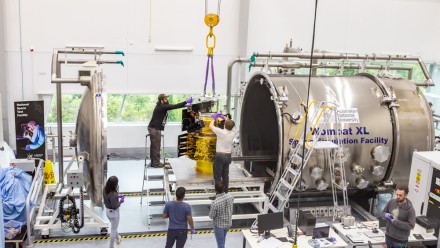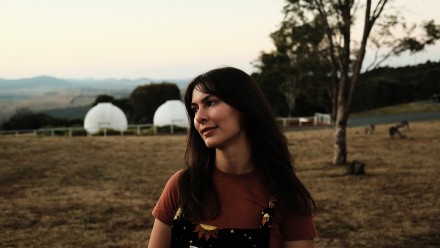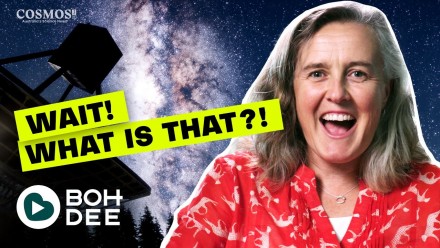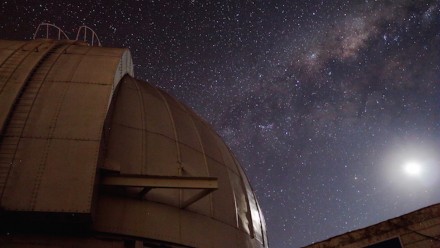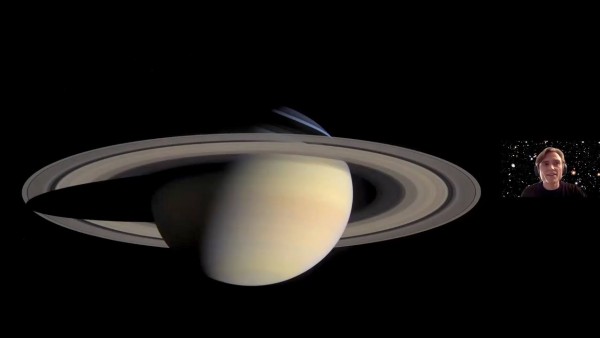Mt. Stromlo Public Astronomy Night Online
Mount Stromlo Observatory in conjunction with the Canberra Astronomical Society invite you to (virtually) attend our public observing nights of 2020. Come and see the craters of the moon, planets, and beautiful star clusters and nebulae. On the night attendees will be taken on a ‘tour of the universe’ with talks by astronomers from Mt. Stromlo Observatory and telescope observations.
The talk was streamed on Facebook Live. You can watch a recording of the talk here on our Facebook page (see the 'Public Astronomy Nights' video playlist) or by clicking on the video in the media gallery above.
In the event of cloudy/bad weather, stargazing will be cancelled (the talks will occur regardless of the weather). You can check out the weather at Mt Stromlo using our all sky camera. We will also post updates on our Facebook page.
If you like what we do and would like to support our public programs, you can donate online.
Ryan Ridden-Harper: "Eclipses and shadows in space" (kid-friendly)
Just like a basketball sitting in the Sun, planets and moons cast shadows. These enormous shadows can cause eclipses, change the colour of the Moon, and help us discover strange new worlds light years away from us. To prepare for the partial lunar eclipse on the 5th of June, let's talk about eclipses!
Bio: is an astronomer at the Space Telescope Science Institute. He uses telescopes across the world and in space to understand how stars explode. While hunting for exploding stars, Ryan recently discovered a new vampire star lurking in our galaxy.
Dr Marta Yebra: "Helping Bushfire Planning Efforts From Space"
Dr Yebra will present an overview of how satellite data informs bushfire management giving specific examples for the 2019-2020 fire season.
Bio: Dr Marta Yebra is a Senior Lecturer in Environment and Engineering at the Australian National University and Earth Observation mission specialist of the ANU Institute for Space. Her research focuses on collecting and using remote sensing data which is essential for fire management decision making and assessing the impact of fires on ecosystem values.
2020 Dates: 1 May (online), 29 May (online), 26 June (online), 17 July (online), 21 August (hopefully in person, TBA), 25 September (hopefully in person, TBA).





